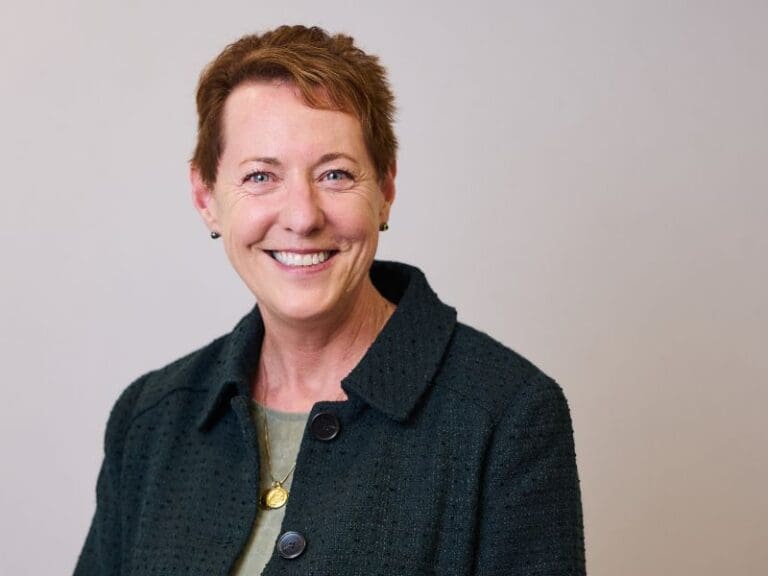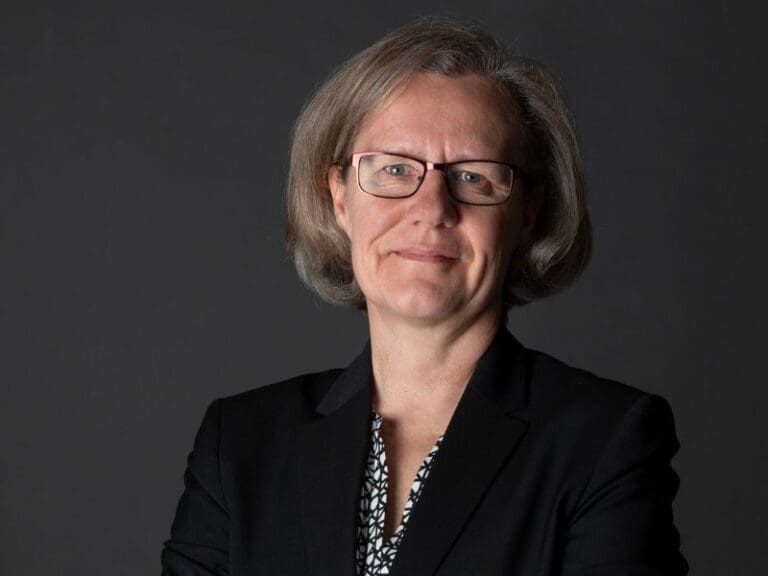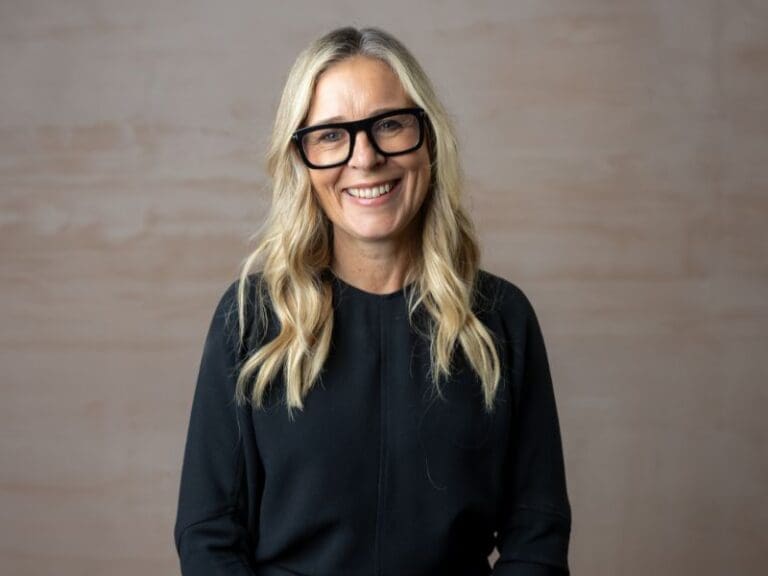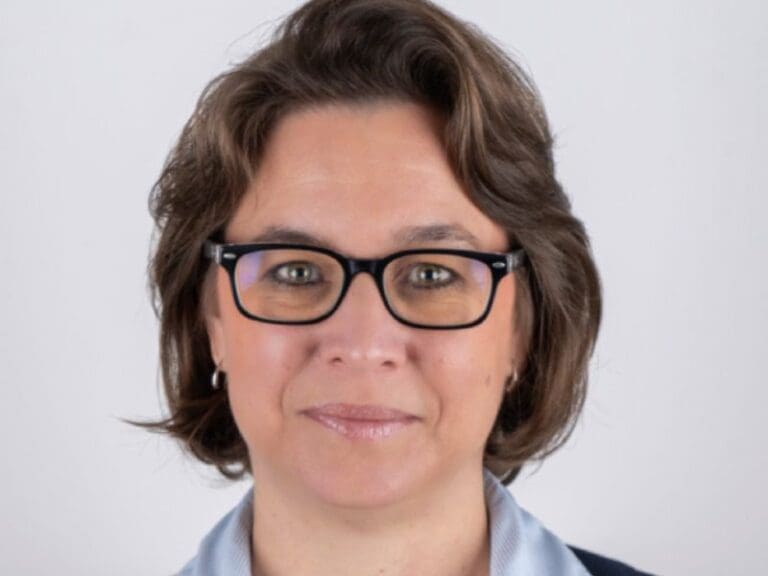Raising capital is a cornerstone of building a successful startup, yet for women founders, it remains an uphill battle.
Despite a growing number of women launching their own ventures, they continue to receive just a sliver of global venture capital. According to the World Bank, less than 3% of VC funding goes to women-led businesses worldwide. This gap is even more striking in regions like Africa, where in 2024, female CEOs raised just $48 million compared to $2.2 billion secured by their male counterparts.
This disparity isn’t about a lack of talent or ambition. It’s the result of persistent gender bias, underrepresentation, and a funding ecosystem that continues to prioritize familiarity over diversity. Surveys show that many women founders still face overt discrimination, with 40% reporting gender-based bias and over half identifying stereotypes as barriers to advancement. The result is not only fewer women in leadership, but fewer role models, fewer mentors, and fewer chances for the next generation of women to break through.
The Aurora Tech Award, launched in 2021 by mobility and urban services platform inDrive, is one initiative pushing back against this status quo. Founded to spotlight and support women founders of tech startups with social impact, the award offers both funding and mentorship opportunities to help them scale their ventures. This year’s winners were selected from a record pool of 2,018 applicants from 116 countries, with their work – spanning environmentally-friendly construction materials to AI-powered tools for early detection of preventable diseases – a testament to just how powerful backing women can be.
Loretxu Garcia Arraztoa, Nido Contech (Chile)
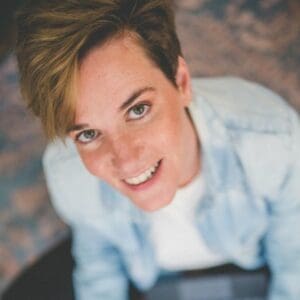 Could you tell us a bit more about your startup?
Could you tell us a bit more about your startup?
NIDO develops nature-based biomaterials to reduce the costs and the environmental impact of the construction industry, like an algae-based hydrogel that replaces non-structural concrete.
Our technology merges science, design, and nature to transform the building sector. We’re already working with global leaders in the industry and in the scientific ecosystem, like the University of Cambridge.
Did you ever sit down and plan your career?
Not exactly. I’ve always followed purpose over plans, being drawn to innovation, sustainability, and impact. Each step I’ve taken, from architecture to material science, has felt like a natural evolution.
NIDO came from years of questioning how we build and who benefits from it. So, while I didn’t map it out, the mission has always been clear.
What challenges have you faced along the way and how did you overcome them?
Funding deep-tech solutions led by women is still a major challenge. We’ve had to prove our science and impact at every stage, often ahead of market demand.
Building a strong interdisciplinary team and winning international awards gave us credibility.
Above all, resilience and a clear vision have kept us moving forward.
What do you hope to achieve in the future?
We aim to scale NIDO globally as the go-to alternative to polluting construction materials. We want to prove that sustainability and performance can go hand in hand.
Our vision is to build thermal, fire-safe, and low-carbon homes everywhere, but especially in vulnerable communities.
We also want to inspire more women to lead disruptive science-based ventures.
Do you have any advice for anyone looking to launch their own startup?
Start with a problem that matters deeply to you — this will help fuel your persistence. Don’t wait to be “ready”, as real momentum comes from taking action and learning as you go. Surround yourself with people who challenge and support you in equal measure, and lastly, never underestimate your ability to shift an entire industry.
Shreya Prakash, FlexiBees (India)
 Could you tell us a bit more about your startup?
Could you tell us a bit more about your startup?
FlexiBees is an AI-driven vetted talent platform for part-time, project-based and remote work. We connect an untapped pool of qualified women professionals who want to work flexibly with businesses that benefit from hiring through flexible models. Our platform has provided talent to more than 850 businesses worldwide, and we now have an experienced talent pool of 90k+ women professionals.
Did you ever sit down and plan your career?
No, I didn’t really plan my career. I have always been ambitious and wanted to achieve my full potential, but I went with the flow and with what seemed the best fit for me at the time. As I grew and changed, my career path also evolved with me.
What challenges have you faced along the way and how did you overcome them?
We have faced a few challenges at FlexiBees. For example, when we were piloting our model, our early engagements started failing. We figured that we needed to go deeper into the match and understand our client’s needs in more detail, match them more accurately to the skills our candidates had, and crucially also evaluate the time availability and readiness they had. This led to the building of our AI-driven vetting technology – our key differentiator – that matches each candidate to the role on a few key parameters. The quality of our match is excellent and as a result, today, 70% of our business comes from repeat clients.
What do you hope to achieve in the future?
Our vision is to help the millions of women who are currently outside of the paid workforce return to work through flexible opportunities that are career-building. In terms of numbers, we want to hit $200Mn+ topline in the next 5 years, helping small businesses and under-served talent pools globally discover each other.
Do you have any advice for anyone looking to launch their own startup?
Find a co-founder. The founding journey is really hard, but is made a little easier by having someone by your side who can share in your ups and downs.
Laura Velásquez Herrera, Arkangel AI (Colombia)
 Could you tell us a bit more about your startup?
Could you tell us a bit more about your startup?
Arkangel AI creates digital employees for healthcare institutions that optimize processes, expand access, improve early diagnosis, and reduce medical errors. Our technology enables institutions to increase their operational capacity by 12x, unlock up to 75% in additional revenue, and save up to 67% of doctors’ time. We offer two digital employees: MedSearch, a clinical evidence specialist that answers medical questions in seconds using over 200 million real-time updated publications, and Pandora, a clinical data expert that detects medical errors and identifies at-risk patients by automatically interpreting electronic health records. Together, they enable diagnoses to be made 42% faster and improve the quality of care by 10%.
Did you ever sit down and plan your career?
Not really. I’ve always followed my curiosity and done things that genuinely excite me. I studied marketing and logistics, but once I started my professional journey, I found myself deeply drawn to the world of data.
The creation of Arkangel AI happened in a very organic way — it was born from a personal family challenge, and from there, we decided to build something meaningful that could improve lives through deep tech. That said, entrepreneurship has always been part of my life. I’ve consistently used technology as a tool to build, solve problems, and drive growth.
What challenges have you faced along the way and how did you overcome them?
The first and greatest challenge I faced was starting Arkangel AI without a background in either artificial intelligence or healthcare. I jumped into building a healthtech company with a clear mission but a steep learning curve. That meant I had to surround myself with people much smarter than me in those areas, learn fast, ask the right questions, and stay humble.
Beyond that, building credibility as a young Latina woman in such a traditional and highly regulated industry as deep tech came with its own barriers. Convincing institutions to trust and adopt AI – especially when they often lack structured data, internal alignment, or innovation budgets – required creativity, resilience, and a deep understanding of their needs.
We overcame those challenges by letting our results speak: enabling faster diagnoses, expanding access, and reducing operational burdens. Scaling without losing depth has also been tough, but by staying close to our users and evolving our model to be both technically powerful and operationally realistic, we’ve been able to grow with purpose. In the end, what’s helped most is a combination of persistence, adaptability, and always building with impact in mind.
What do you hope to achieve in the future?
My goal is to transform how healthcare systems operate, starting in Latin America and eventually globally, by scaling access to early, accurate, and equitable care through AI. At Arkangel AI, we’re building technology designed not just to optimize operations, but to truly change lives. Our ambition is to impact 1 billion people by increasing access to healthcare, accelerating early diagnosis, and reducing medical errors.
Do you have any advice for anyone looking to launch their own startup?
Start before you feel ready. You don’t need to have all the answers,or even all the knowledge,to begin building something meaningful. I launched a deep tech healthcare company without a background in AI or medicine, just a deep sense of purpose and the willingness to learn fast. Surround yourself with people who are smarter than you, stay close to the problem you’re solving, and build with empathy. Don’t wait for the perfect moment or product; start with something small, iterate quickly, and listen obsessively to your users. And most importantly: build something that matters. Impact creates momentum, and purpose keeps you going when things get tough (because they will).
Leonie Korn, UpLeap (Switzerland)
 Could you tell us a bit more about your startup?
Could you tell us a bit more about your startup?
Millions of healthcare workers still lack access to high-quality training. UpLeap was born from the belief that technology can bridge this gap. After witnessing first-hand how healthcare professionals struggle with outdated, unscalable training, we knew a better solution was needed.
UpLeap is a mobile-first, AI-driven training platform designed specifically for the unique challenges of healthcare professionals in emerging markets. We use cutting-edge AI agents to deliver context-specific, personalized, and scalable medical training, anywhere, anytime.
By combining the hands-on nature of practical training with the scalability of a digital platform, UpLeap bridges the gap between traditional in-person courses and online-only learning systems. Our goal is to make training practical, accessible, and measurable – exactly where it’s needed most.
Did you ever sit down and plan your career?
Not really. I’ve always been driven by the impact that my work can create. That’s why I chose to apply my technical skills toward something with long-term social benefit. It’s been more about following purpose than planning a career path.
What challenges have you faced along the way and how did you overcome them?
One major challenge has been the funding gap for solutions focused on emerging markets. Many investors overlook these regions despite the huge potential for impact and economic return. To address this, we’re building relationships with aligned individuals, foundations, and strategic partners, such as University Hospital Zurich and SolidarMed, who share our vision and can help us to move forward sustainably.
What do you hope to achieve in the future?
Our goal is to revolutionize medical training in emerging markets and establish a strong presence across several African countries within the next three years. As part of our global expansion, we also aim to enter key markets like India or Brazil, bringing scalable, high-quality AI-driven training to even more healthcare professionals.
Do you have any advice for anyone looking to launch their own startup?
Be deeply passionate about what you’re building, don’t just start a company because it sounds cool. The journey comes with highs and lows, and resilience is key. That’s why it’s crucial to work on something truly meaningful to you. Don’t be afraid to fail fast and pivot when needed.


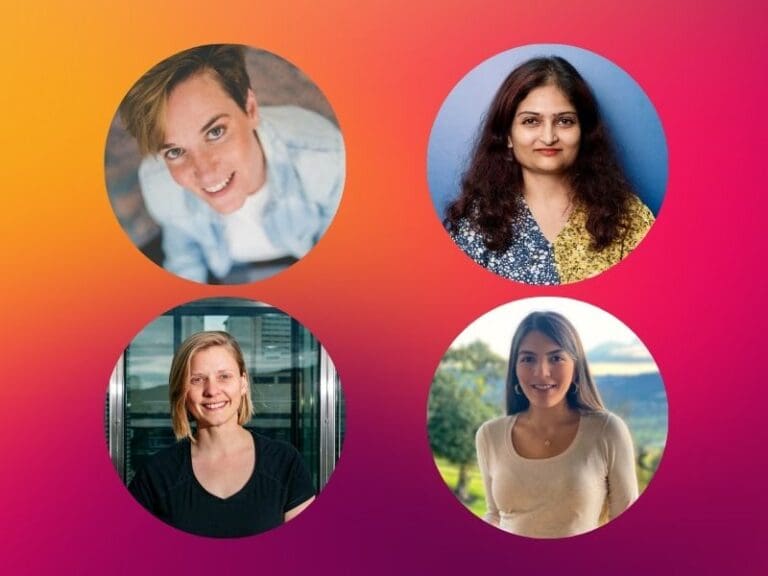
 Could you tell us a bit more about your startup?
Could you tell us a bit more about your startup?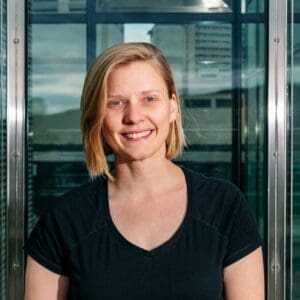 Could you tell us a bit more about your startup?
Could you tell us a bit more about your startup?